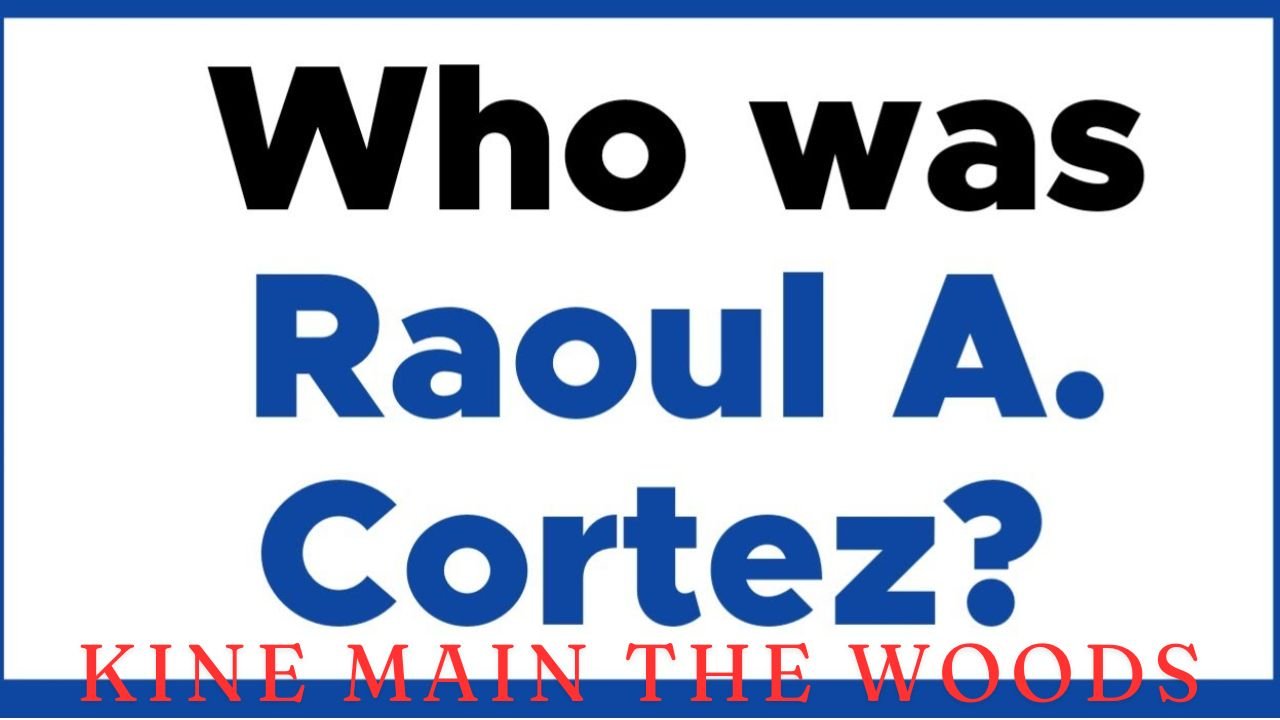Introduction
Raoul A. Cortez is a name that resonates deeply in the history of Hispanic media in the United States. As a trailblazer in Hispanic broadcasting, Cortez’s influence shaped how Spanish-speaking audiences consumed news and entertainment. His contributions remain significant in developing media tailored to the growing Hispanic community. This article explores his life, work, and lasting impact.
Early Life of Raoul A. Cortez
Born in 1905 in Veracruz, Mexico, Raoul A. Cortez moved to the United States at a young age. His early experiences in Texas exposed him to the challenges faced by the Hispanic community, particularly in areas like education and media representation. Seeing the gap in media coverage for the Spanish-speaking population, Cortez became determined to fill this void.
The Birth of Hispanic Broadcasting
In the 1940s, Raoul A. Cortez embarked on a journey to revolutionise Hispanic media in the U.S. Radio was the dominant form of media at the time, but Spanish-language programming needed to be improved. Cortez saw an opportunity to create content specifically for Spanish-speaking audiences.
In 1946, Cortez founded KCOR-AM, the first full-time Spanish-language radio station in the United States, based in San Antonio, Texas. This achievement began his mission to provide accessible media for Hispanic communities. Raoul A. Cortez’s station played a crucial role in giving a voice to an underserved population.
Read more :Bennet Store Charleville Cork
Raoul A. Cortez and KCOR-TV
Not satisfied with just radio, Raoul A. Cortez continued his pioneering work by launching KCOR-TV, the first Spanish-language television station in the U.S., in 1955. This was a significant leap forward in Hispanic broadcasting. Cortez’s vision for KCOR-TV was to offer news, entertainment, and cultural programming that reflected the lives and interests of Hispanic viewers.
Raoul A. Cortez’s television station provided Spanish content and focused on issues relevant to Hispanic communities. His groundbreaking work helped bridge the cultural and linguistic gaps that many Hispanic Americans faced, especially when mainstream media often overlooked them.
Overcoming Challenges
Raoul A. Cortez faced numerous challenges in establishing his media ventures. Significant hurdles included financing, securing licenses, and convincing advertisers to invest in Spanish-language programming. Despite these difficulties, Cortez’s determination and belief in the importance of his work propelled him forward.
Raoul A. Cortez understood that Hispanic audiences were a growing and valuable demographic, even if many advertisers and media executives still needed to. His persistence paid off as KCOR-AM and KCOR-TV became popular among Spanish-speaking audiences, paving the way for more Hispanic-focused media outlets in the future.
Raoul A. Cortez’s Legacy
Raoul A. Cortez’s legacy extends beyond the success of his radio and television stations. His work laid the foundation for the growth of Hispanic media in the U.S., inspiring future generations of broadcasters, journalists, and entertainers to create content for and by the Hispanic community.
Raoul A. Cortez’s impact can still be felt today. His vision of providing Spanish-language media has grown into a massive industry that includes television networks like Univision and Telemundo. These networks continue to reach millions of viewers, all thanks to the path that Cortez helped pave.
Contribution to Hispanic Identity
His work was more than just a business venture—a cultural mission. Through his radio and television stations, Cortez helped reinforce and celebrate Hispanic identity in the U.S. He understood the importance of artistic representation and gave Hispanic Americans a platform to highlight their language, music, traditions, and concerns.
Raoul A. Cortez’s stations broadcasted news that mattered to Hispanic communities, music that resonated with their heritage, and entertainment that reflected their values. This focus on representation helped Hispanic Americans feel more connected to their culture, even in a country where they were often marginalized.
A Lasting Inspiration
The story of Raoul A. Cortez inspires entrepreneurs, broadcasters, and activists alike. His willingness to challenge the status quo and create something new for an underserved community is a lesson in innovation and perseverance.
Raoul A. Cortez’s journey is a testament to the power of representation and the difference one individual can make. He built a successful career and impacted society by filling the gap in Hispanic media. Today, his contributions are recognized as a pivotal part of the Hispanic cultural landscape in the U.S.
Conclusion
Raoul A. Cortez was a true pioneer in Hispanic broadcasting. His vision for Spanish-language media and his dedication to serving the Hispanic community have left an indelible mark on American society. From founding KCOR-AM, the first full-time Spanish-language radio station, to launching KCOR-TV, the first Spanish-language television station, Raoul A. Cortez’s influence continues to resonate today.
Through his efforts, Raoul A. Cortez ensured Hispanic Americans had access to media that reflected their lives, values, and culture. His work shaped the future of Hispanic media and contributed to the broader American media landscape. Raoul A. Cortez’s legacy lives on in the thriving Hispanic media industry, which continues to grow and serve millions.
